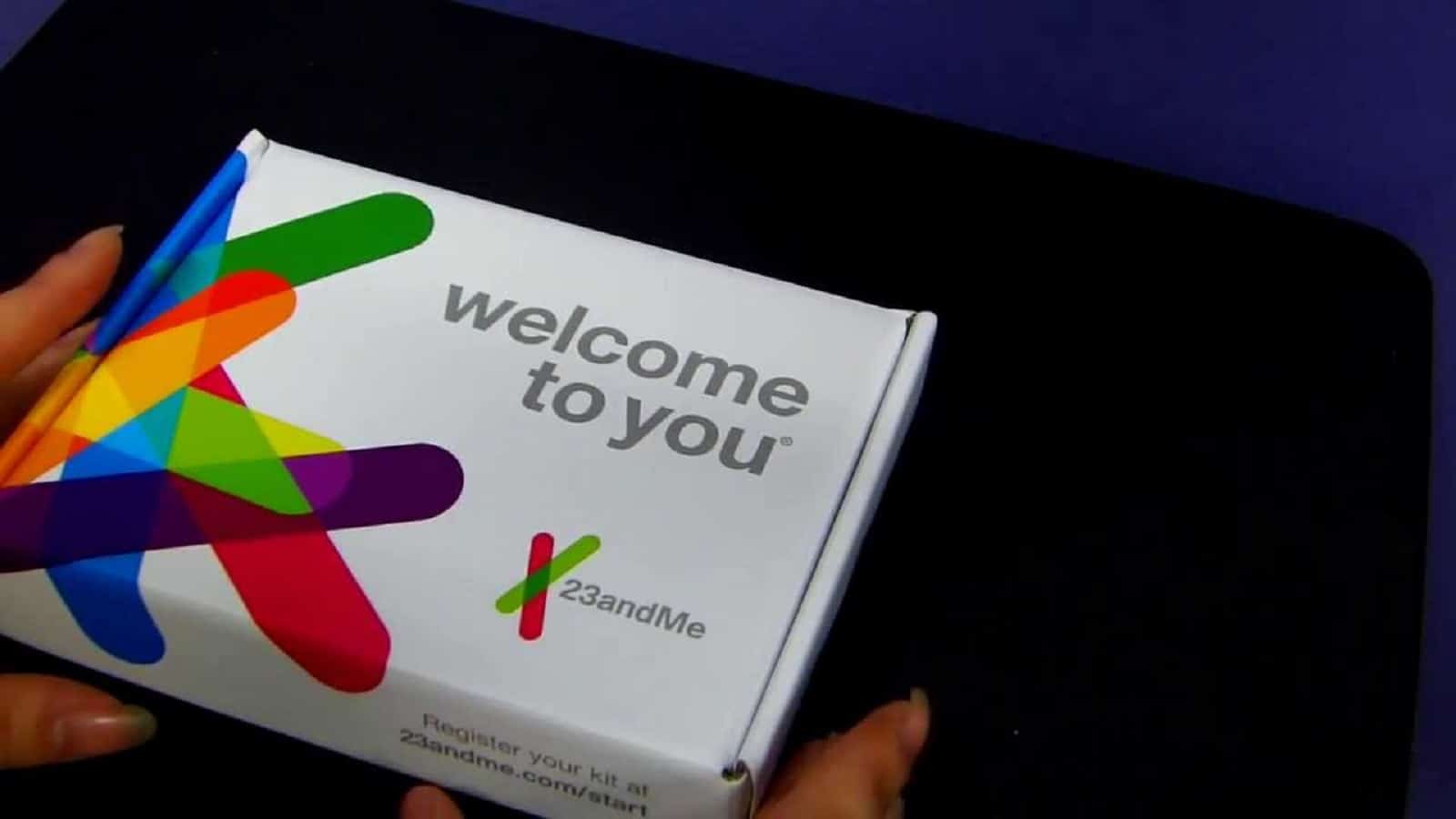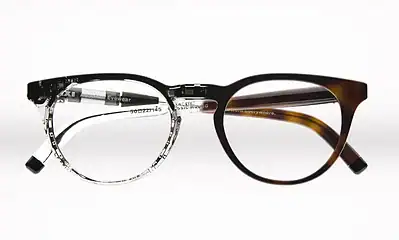News
Twins aren’t twins according to the most popular genetic testing services
Or “When science fails us”

Just a heads up, if you buy something through our links, we may get a small share of the sale. It’s one of the ways we keep the lights on here. Click here for more.
Well, this is embarrassing. You’d think that genetic testing is advanced enough to be accurate and that similar data entered into the algorithms that decide things like ancestry profiles would match. You’d also be forgiven for thinking that if twins sent off tests at the same time, that they should get very similar results back. Well, you’d be wrong.
The host of CBC‘s Marketplace show, Charlsie Agro sent in tests to the five biggest consumer DNA testing companies, along with her twin sister, Carly. After waiting for the results for ages, what they received in return was surprising, to say the least. None of the reports from any of the companies matched the results from another company.
What’s more, one company, California-based 23andMe, suggested that each twin had a different geographical ancestry.
"Despite having virtually identical DNA, the twins did not receive matching results from any of the [five genetic ancestry] companies." https://t.co/Q916EAOYN8
— Ed Yong is on sabbatical (@edyong209) January 18, 2019
23andMe’s findings gave Charlsie almost 10-percent less “broadly European” ancestry than her twin, adding some French and German branches to the family tree that Carly didn’t share. The amount of Eastern European heritage for each twin was also different, possibly pointing at inconsistencies in the model that 23andMe uses to flesh out genetic ancestries. Weird, right?
More information regarding the various tests
To test the accuracy of the results from the companies, the twins sent the raw data and results to a team at Yale University, led by Dr. Mark Gerstein, a computational biologist. His team checked the data and concluded that it all matched up, statistically speaking. The team was “mystified” by 23andMe’s differing reports, with the twins having 99.6-percent the same DNA, there should have been almost no difference in their reported ancestries.
None of the five companies provided the same breakdown of ancestry. That points to each company using a different mathematical model to discern ancestry from the raw DNA data. According to Paul Maier, chief geneticist at FamilyTreeDNA (and one of the services tested), it’s difficult to identify the genetic distinctions in people from different geographical areas: “Finding the boundaries is itself kind of a frontiering science, so I would say that makes it kind of a science and an art.”
These services aren’t going away any time soon. What’s good to know is that the more data they get, the more accurate your genetic profile will be. Until accuracy is improved, it’s probably best to think of these genetic profiling services as a “recreational science activity” and not science fact.
Have you ever used one of these services? Were you skeptical of the results? Let us know down below in the comments or carry the discussion over to our Twitter or Facebook.
Editors’ Recommendations:
- Spotify could be working on a dedicated music player for your car
- This ingestible pill will monitor and track your farts
- Worried about the new EU Copyright legislation? Here’s what Google thinks it might look like
- A new Power Rangers fighting game is here to challenge Mortal Kombat 11 in April
- Google Maps will now show you upcoming speed traps
























